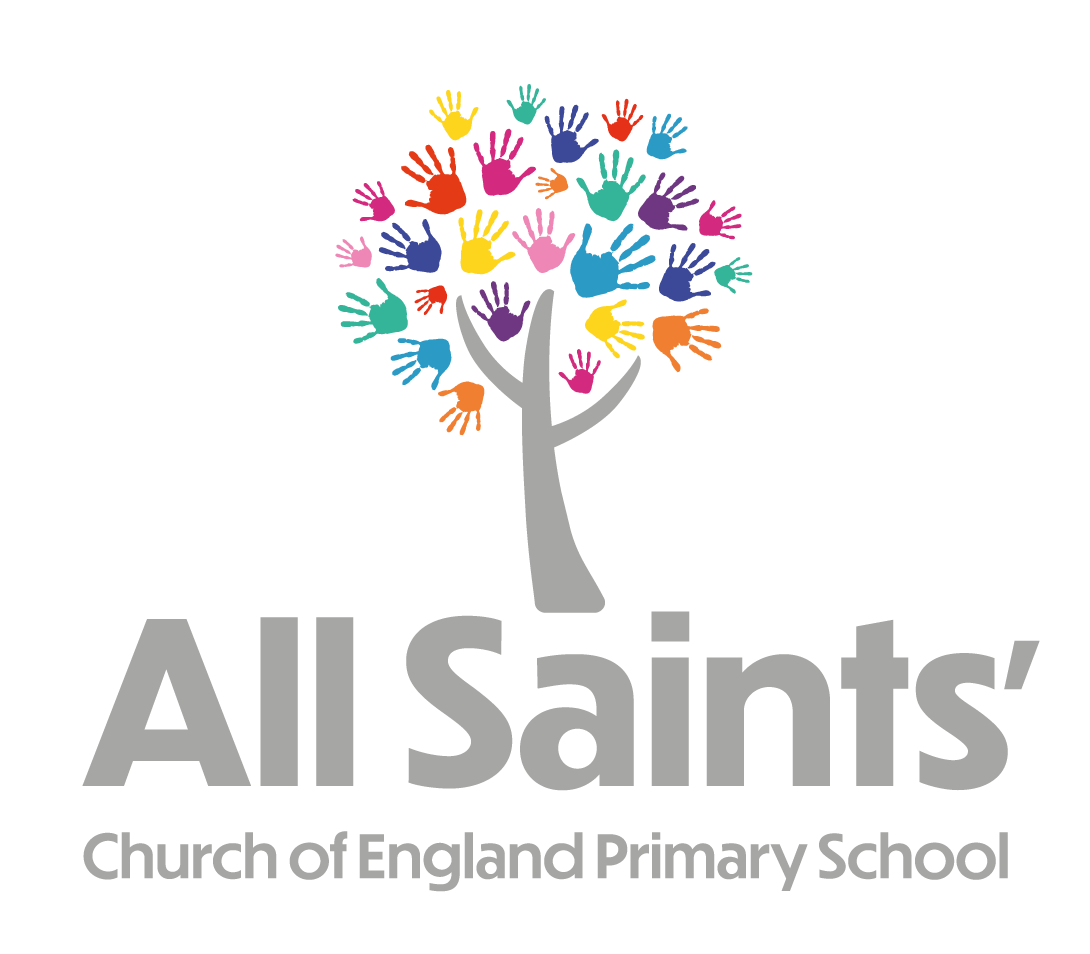Early Years Foundation Stage

Growing Stronger Together in God's Love

At All Saints’ Church of England Primary School, we believe that every child deserves the best possible start in life and support to fulfil their potential, no matter what their starting point. A child’s experience in the Early Years has a major impact on their future life chances. A secure, safe and happy childhood is important in its own right, and it provides the foundation for children to make the most of their abilities and talents as they grow up, with a strong self-belief in what they can achieve.
We believe that skills learnt and developed in the Early Years Foundation Stage (EYFS) underpin all future learning. We aim to deliver a curriculum that enables children to experiment, investigate, communicate and reflect, and to increase their understanding of how their bodies work, and what they need to do to be healthy and safe. Children are supported in developing their emotional and social maturity; they are taught to be kind and compassionate.
Our enabling environment, alongside our warm and knowledgeable staff, support children in settling in to school life and making the most of the learning opportunities provided for them. Our large, bright and open-plan unit provides children with many opportunities to be independent, and autonomous, in their own learning and make choices in their play, whether they are learning inside, or out, in our substantial Outdoor Learning Area.
Our Golden Threads in Early Years (what our children need)
1. Improving children's vocabulary and early language through:
- Quality adult-child interactions e.g. it is not just a tree! It is a twisted, bumpy tree!
- A quality text environment e.g. a curriculum which exposes children to different texts, language and storytelling, to develop enjoyment, vocabulary, recall, retelling and innovation with texts at the heart.
- Supporting our most vulnerable children through addition support e.g. through NELI language intervention to improve vocabulary, speaking and listening, so that children are able to learn alongside with their peers well.
2) Improving children's cultural capital in regards to:
- Difference and diversity, supporting acceptance, appreciation and understanding.
- Experience, by providing enrichment through our curriculum, trips and visitors, being particularly mindful to those children who need those extra, explicitly planned provocations to broaden their knowledge of the world.
3) Supporting children (as soon as they join us!) to become readers, as we recognise that this is what enables them to access the rest of the school curriculum through:
- Daily phonics and additional 1:1 tuition for those who need it
- Regular reading opportunities in school in partnership with daily reading at home to build fluency.
- Daily storytelling, with adults modelling enthusiastic, joyful and expressive reading.

